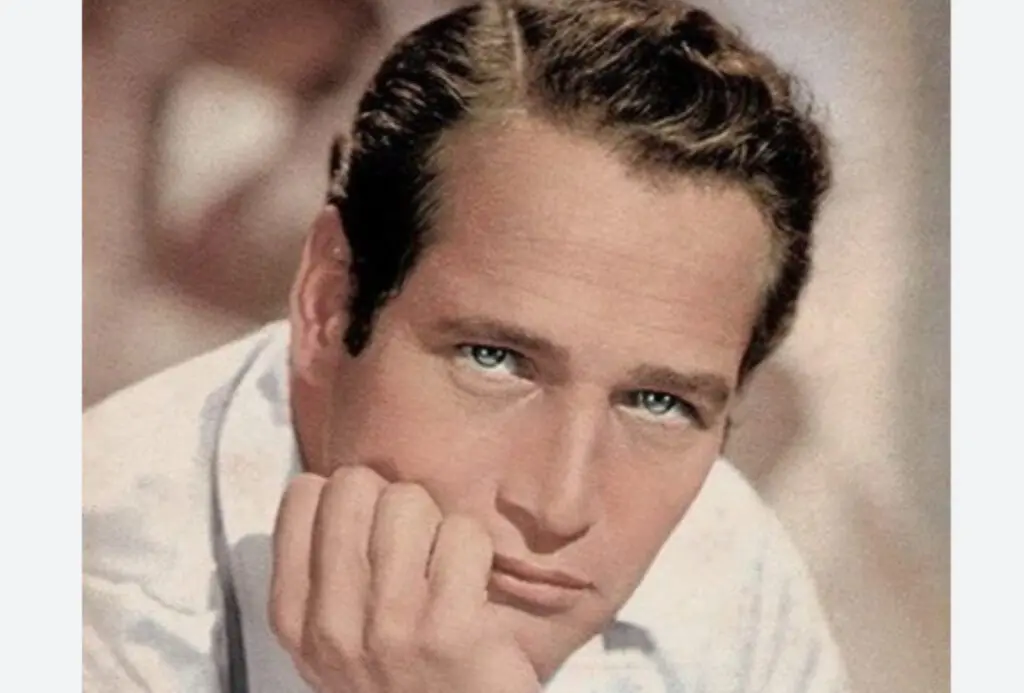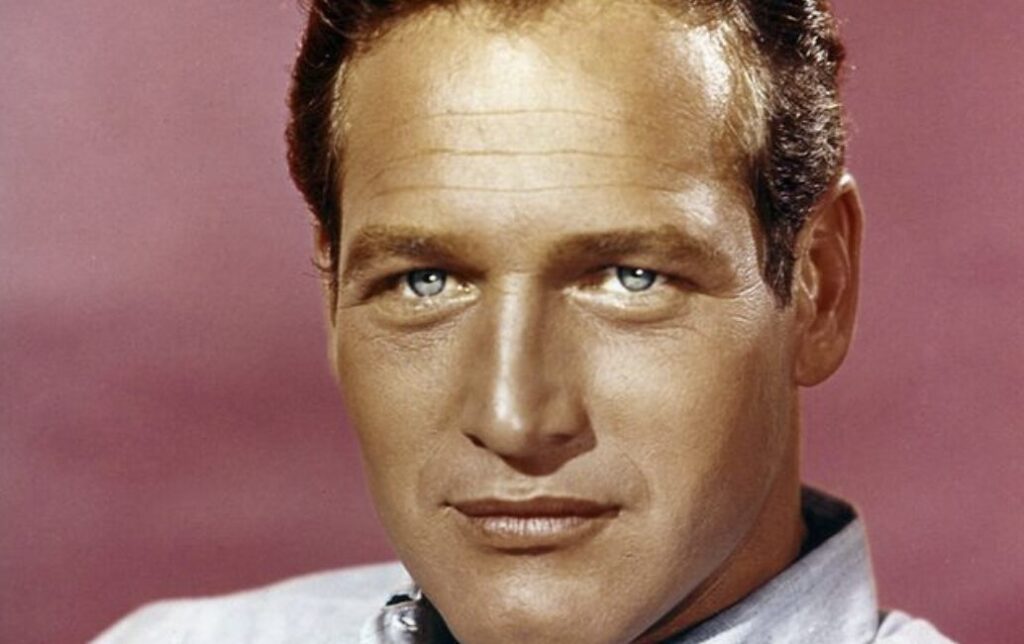Decades into his illustrious career, Paul Newman made a startling admission. “I am faced with the appalling fact that I don’t know anything,” he confessed. This statement came when Newman was in his 60s, despite his extensive filmography and public recognition.
An Iconic Career
By the time of his confession, Paul Newman had starred in numerous classic films. These included “Cat on a Hot Tin Roof,” “The Hustler,” “Hud,” “Cool Hand Luke,” and “The Verdict.” He was a reluctant celebrity, known for his calm demeanor, striking blue eyes, and his marriage to Joanne Woodward. Newman also raised a family and was listed on President Nixon’s enemies list due to his advocacy for liberal causes. He pursued racecar driving and engaged deeply in philanthropy.
Struggles and Self-Doubt
Despite his success, Newman was plagued by self-doubt and past mistakes. “I’m always anxious about admitting to failure,” he admitted. He struggled with the idea of not being good enough or right. Newman believed that no one could always be responsible for others but only for themselves.
A Candid Memoir
Newman’s insecurities are a major theme in his posthumous memoir, “The Extraordinary Life of an Ordinary Man,” which Knopf will release on Tuesday. The book reveals Newman’s vulnerability and provides a candid look into his life. The memoir is composed of interviews conducted over five years by screenwriter Stewart Stern, a close friend of Newman’s. These interviews include conversations with Newman’s family and colleagues, giving a fuller picture of who he was.
Deep Reflections
In his memoir, Newman delves into his difficult childhood, his first marriage before Woodward, his excessive drinking, and the tragic loss of his son, Scott. The openness in the book surprised even those who knew him well. Clea Newman Soderlund, his youngest daughter, noted, “I thought he was Superman.” She was familiar with many stories but did not realize their complexity and trauma.
Unearthing Hidden Interviews
The memoir wasn’t written directly by Newman but compiled from interview transcripts. These transcripts were recovered from a locked cabinet and a storage unit years after being thought lost. The family had never seen them before. Sifting through these transcripts was challenging for Newman’s daughters, who found his deep sadness overwhelming.
Assembling the Memoir
With help from a literary agent, the Newman family sold the project to Knopf. Editor David Rosenthal compiled the material, presenting it as a memoir in Newman’s voice. “You’ve got enough of his voice to make it first person without substantially changing anything,” said Rosenthal. The Newman who emerges in these interviews is far from the unflappable star but a man filled with sadness and self-doubt.

Early Life and Career
Newman recounts his upbringing in Shaker Heights, Ohio, his father’s drinking, and his mother’s overprotectiveness. He experienced antisemitism during World War II, which profoundly affected him. Despite his war service, Newman felt directionless, comparing it to a touring company performing across small towns.
He married Jackie Witte, a fellow drama student, and had three children. However, his relationship with Joanne Woodward, whom he met in 1953, was transformative. Woodward awakened a new side of Newman, which led to his divorce from Witte and subsequent marriage to Woodward.
Hollywood Success and Personal Struggles
Newman’s acting career soared, earning him ten Academy Award nominations and a win for “The Color of Money” in 1987. Despite his success, he struggled with alcoholism and was devastated by Scott’s death from an overdose. “There is even something grotesque in saying ‘Forgive me,'” Newman reflected on his son’s death.
Family’s Perspective
Newman’s daughters found the transcripts challenging but essential for understanding their father. They felt it was crucial to share his reflections, including those on Scott, as a cautionary tale. Melissa Newman explained, “It was time for it.”
Legacy and Documentation
The daughters aimed to honor Newman’s legacy through the memoir and a recent documentary mini-series, “The Last Movie Stars.” The mini-series focused on their parents’ film work and love story, while the memoir delved into Newman’s inner life.
A Complex Figure
Newman always believed there were limits to what he could reveal. Despite his on-screen personas, he felt his true self remained “unexplored, uncomfortable, and unknown.” This memoir offers a profound look at the man behind the blue eyes, showing his vulnerability, struggles, and enduring legacy.
About David
